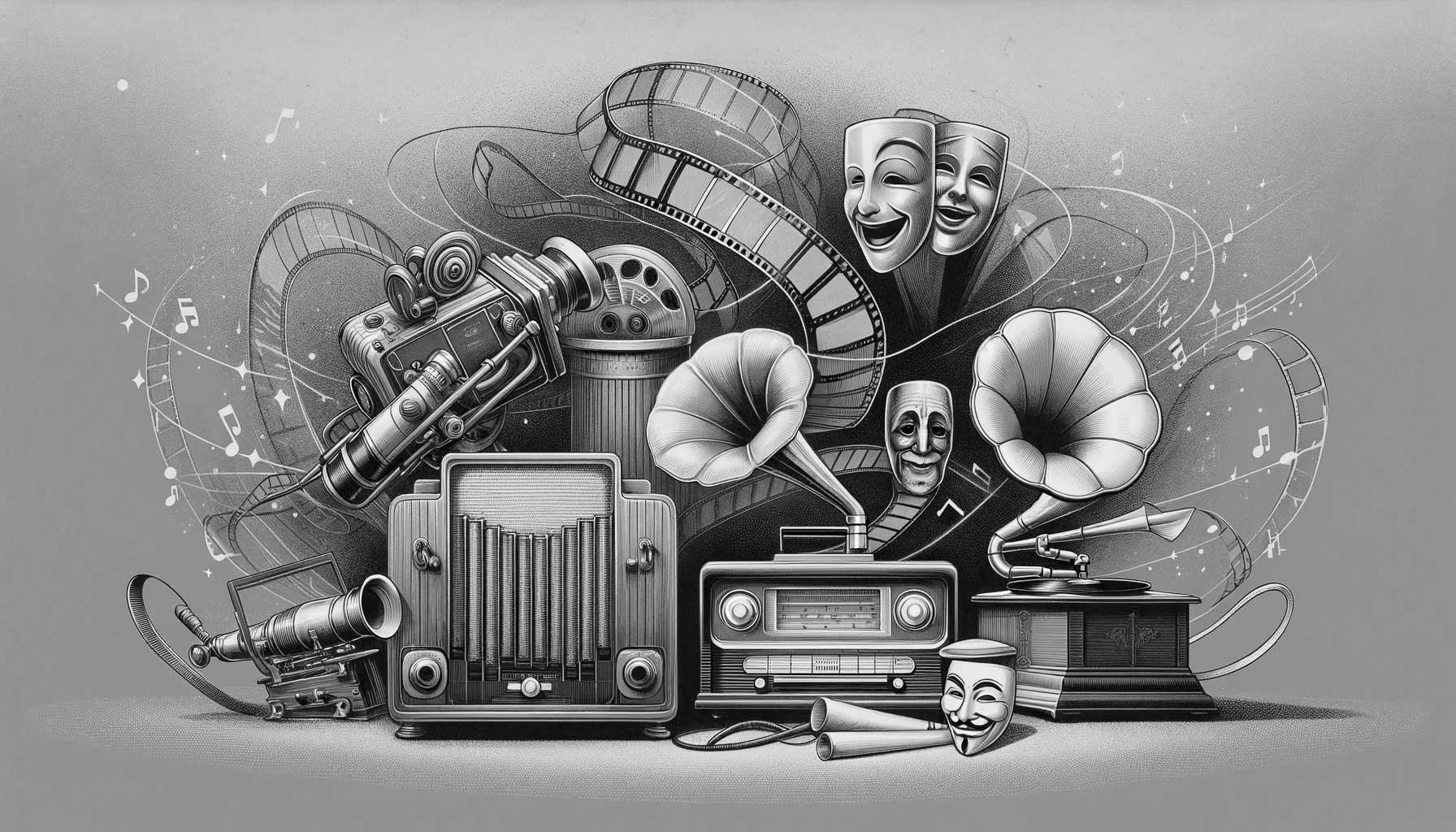Flashback to July 17
Entertainment History

1970
Ralph Baer demonstrates his television video game system to Magnavox. Despite a lack of interest from most Magnavox engineers, Bill Enders negotiates an exclusive license to manufacture and distribute the system, and sublicense Sanders Associates’ patents on the technology.
Read moreOn July 17, 1970, a significant event took place that would change the course of video gaming history forever. Ralph Baer, a renowned engineer and inventor, demonstrated his television video game system to Magnavox. This event marked a pivotal moment in the birth of video games as we know them today.
At the time of the demonstration, Baer’s video game system was a groundbreaking technology that had the potential to revolutionize the entertainment industry. However, most Magnavox engineers showed little interest in the system. It was Bill Enders, a visionary negotiator, who saw the immense potential and struck a deal with Baer.
Despite the initial lack of interest, Enders recognized the unique value of Baer’s invention and understood the lucrative opportunities it presented. He negotiated an exclusive license with Baer to manufacture and distribute the system under the Magnavox brand. This deal would prove to be a game-changer in the world of video games.
The significance of this agreement goes beyond the mere manufacturing and distribution rights. Enders also secured sublicense to Sanders Associates’ patents on the technology. This move solidified Magnavox’s position in the market and protected their investment in Baer’s video game system.
Baer’s video game system, now known as the Magnavox Odyssey, was released in 1972, making it the world’s first commercial home video game console. The Odyssey marked the beginning of a new era in entertainment, allowing people to experience interactive gaming from the comfort of their living rooms.
The Magnavox Odyssey was truly ahead of its time. It had a range of features, including multiple games, interchangeable cards, and the ability to play on different television sets. Although the graphics were simplistic by today’s standards, it was a revolutionary concept that captured the imagination of many.
The success of the Magnavox Odyssey opened the floodgates for further advancements in the video game industry. It paved the way for subsequent consoles, such as Atari, Nintendo, and Sega, which took gaming to new heights and introduced iconic characters like Mario and Sonic the Hedgehog.
Today, the video game industry is a multi-billion dollar global phenomenon, with millions of players around the world. It has evolved from simple pixelated graphics to realistic virtual worlds and immersive experiences. It has transcended age, gender, and cultural barriers, becoming a mainstream form of entertainment enjoyed by people of all backgrounds.
The event on July 17, 1970, was a turning point in the history of video games. It took the passion and ingenuity of Ralph Baer, coupled with the vision and negotiation skills of Bill Enders, to bring this revolutionary technology to the masses. Their collaboration laid the foundation for the thriving industry we see today.
As we reflect on this event, it serves as a reminder that innovation often faces resistance and skepticism. Without individuals like Baer and Enders, who are willing to push the boundaries and defy conventional thinking, we may have never experienced the joy and excitement that video games bring into our lives.
So, the next time you pick up a controller or play a game on your phone, take a moment to appreciate the pioneers who made it all possible. The demonstration of Baer’s television video game system to Magnavox on July 17, 1970, was a pivotal moment that shaped the future of gaming and continues to influence our lives today.
We strive for accuracy. If you see something that doesn't look right, click here to contact us!
Sponsored Content

The Splash Mountain attraction…
On 7/17/1992, the highly…

First quadrophonic studio in…
On July 17, 1974,…

Ralph Baer demonstrates his…
On 7/17/1970, Ralph Baer…

J Delos Jewkes, singer/actor,…
J Delos Jewkes, the…

